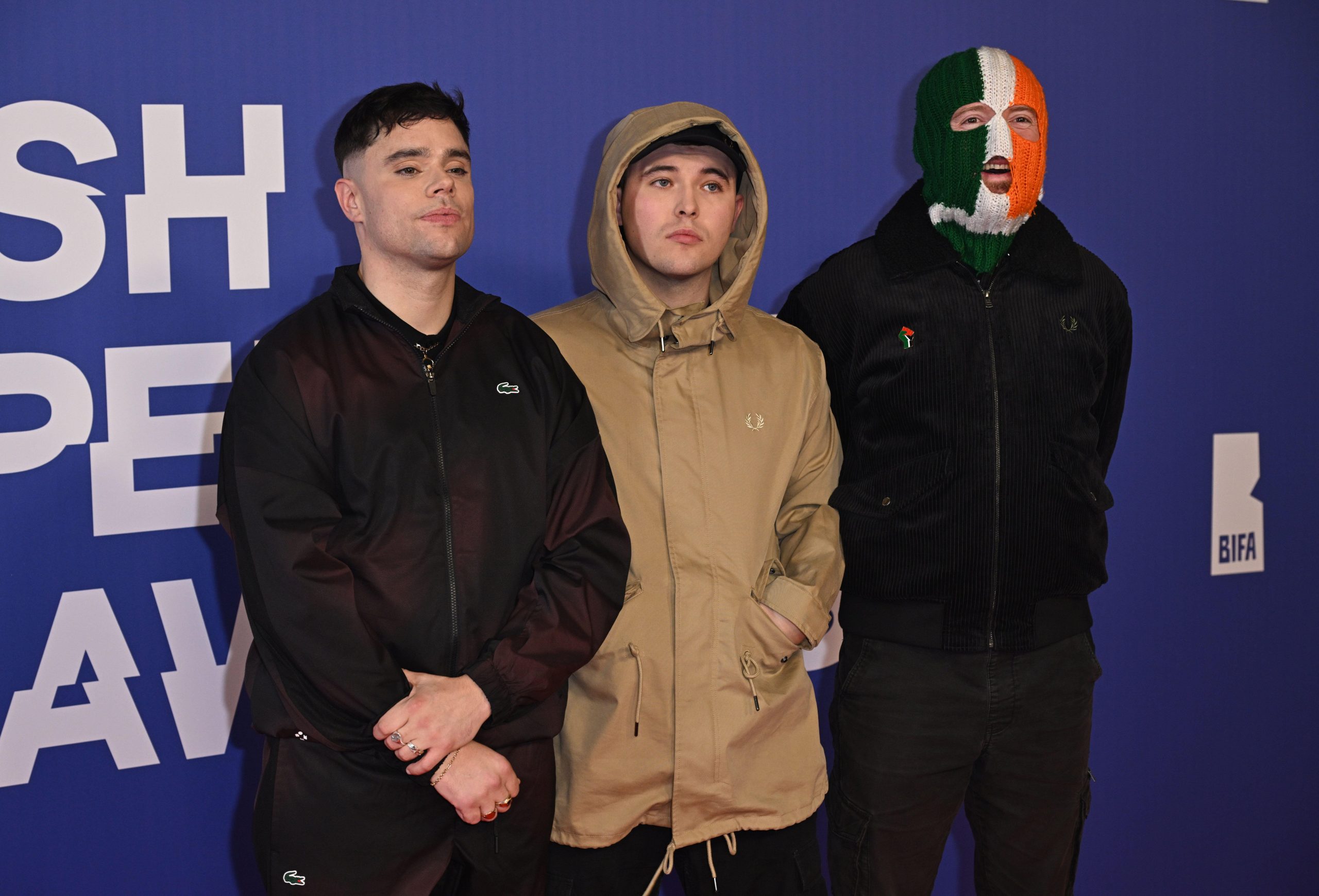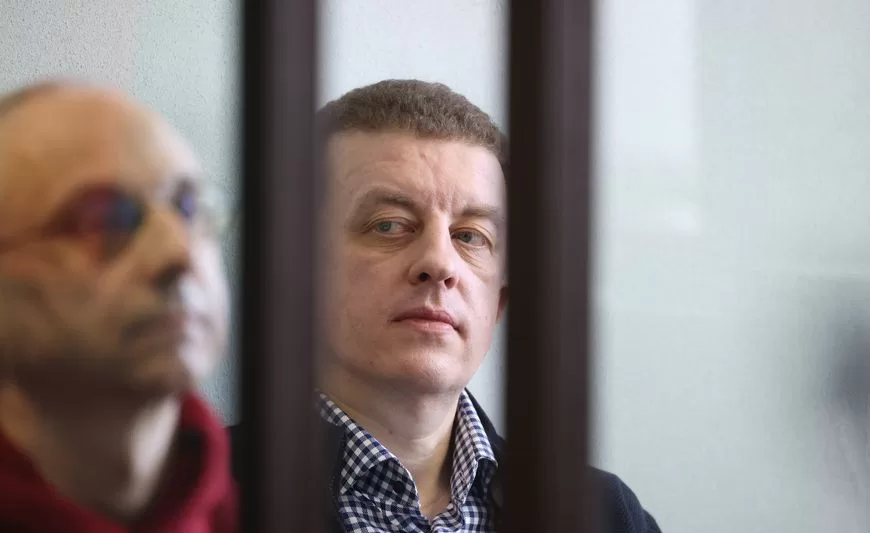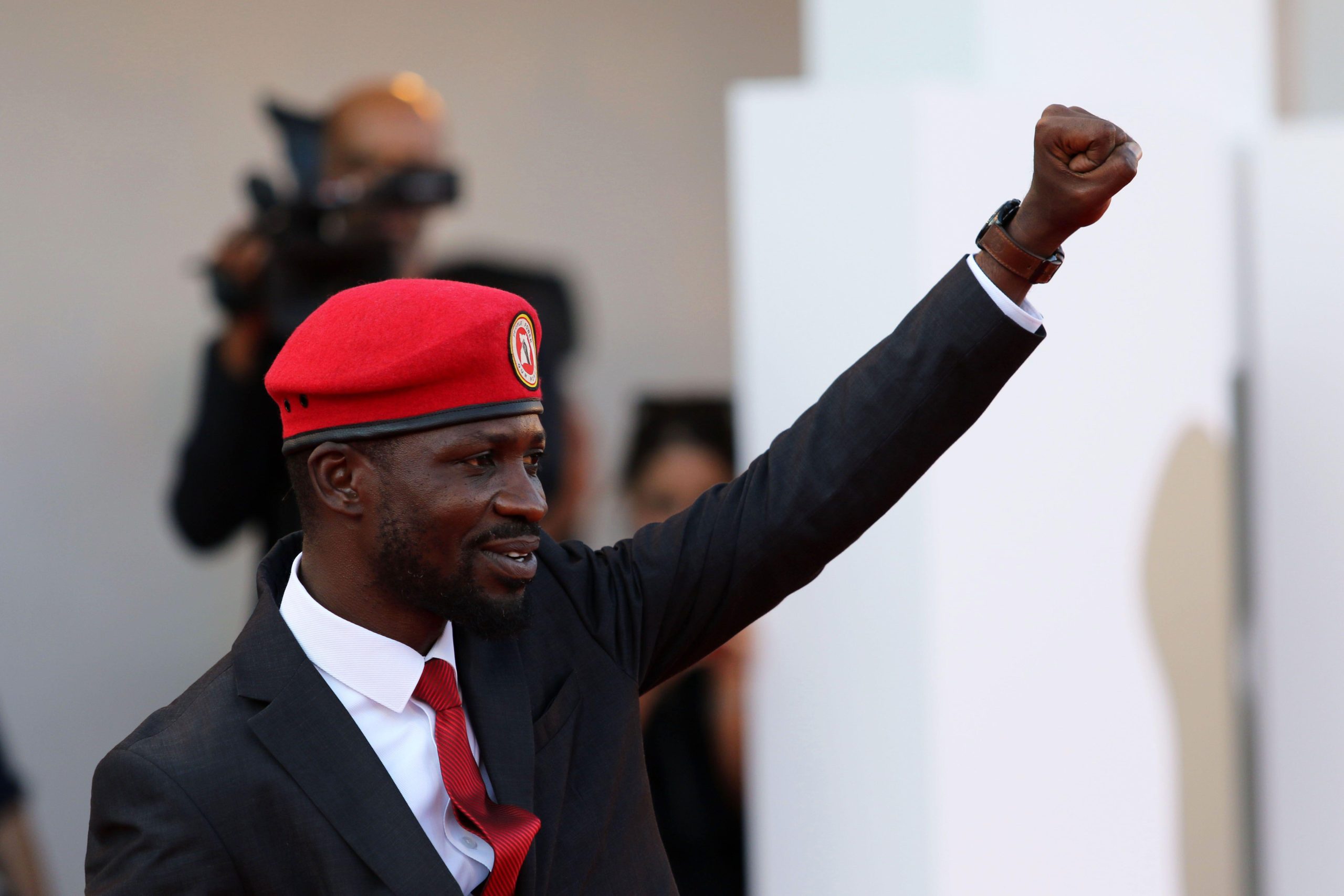In today’s world of hot takes and moral outrage, we all want clear answers – good, bad, right and wrong – and people we can easily rally behind or blast – villain, victim, hero, heretic. But the cases of Kneecap, Jonny Greenwood and Dudu Tassa have resisted such clarity, and they’ve forced us to reckon with an uncomfortable truth: freedom of expression, especially in moments of deep political pain and division, isn’t always neat, easy or even popular.
First a recap for those who might have missed the stories or got lost in the details:
At the end of April, Belfast band Kneecap came under fire following the circulation of videos in which the group appears to endorse political violence, declaring “The only good Tory is a dead Tory. Kill your local MP,” and another showing apparent support for Hezbollah and Hamas, both proscribed as terrorist organisations in the UK. Kneecap insists their remarks were taken out of context, that their tone was satirical and that they do not in fact support these groups. Nevertheless, they are under police investigation and have had several of their shows dropped, following political pressure from MPs including Kemi Badenoch, leader of the Conservative Party.
Meanwhile Jonny Greenwood, best known as a member of Radiohead, and his collaborator, Israeli musician Dudu Tassa, said this week that they were scheduled to perform two concerts in the UK in June. The events have since been cancelled due to serious and credible threats that made the performances unsafe. The cancellations followed calls from organisations aligned with the Boycott, Divestment and Sanctions (BDS) movement. Tassa and Greenwood had previously performed together in Tel Aviv in 2024 and Tassa had performed for the Israel Defense Forces (IDF) in Gaza at the end of 2023. The Palestinian Campaign for the Academic and Cultural Boycott of Israel, who have called them out in the past, criticised the planned UK concerts as a form of “artwashing genocide” and welcomed news of their cancellation.
Greenwood has denounced the cancellations as censorship, while prominent artists such as Massive Attack have rallied behind Kneecap, framing the backlash they faced as part of a broader attempt to suppress dissent.
These are not simple cases. In the case of Kneecap, their rhetoric was inflammatory and, in invoking violence against politicians, reckless – two MPs have been murdered in this country in recent years after all. Their potential valorisation of Hamas and Hezbollah was far from funny – these groups are guilty of grave human rights violations. Kneecap have tried to deflect attention from their actions by saying that they are not the story and that Gaza is, but people should be free to challenge them and their views. It’s reductionist to say that doing so is somehow taking the focus away from Gaza.
And yet irreverence, political provocation and even transgressive speech have long been cornerstones of artistic expression. Search bands with the word “kill” in their name or album title and you won’t walk away short on examples. Whether Kneecap’s comments were satire or poor judgment, a response in the form of a criminal investigation raises important questions about proportionality and the appropriate limits of state intervention. The European Court of Human Rights has made clear that criminal sanctions should be a last resort in speech cases, and indeed the UK’s legal structures place a high bar on what constitutes incitement. Have the members of Kneecap met this threshold? It’s hard to see that they have.
Likewise, while boycotts are a legitimate form of protest, and protest is an essential pillar of free expression, they too can become a vehicle for coercion. The Greenwood–Tassa concerts were not silenced by public disagreement but by threats credible enough to endanger the performers, venue staff and audiences. That is not protest, it is intimidation.
Cultural boycotts specifically have other free speech complications too: while they typically target authoritarian regimes with the intention of effecting positive change, they can silence the very voices that are most helpful to the cause. In 1975, Index surveyed artists on their views about boycotting Apartheid South Africa and the general response was that it would do more harm than good. “Governments would not go to such lengths to secure silence if they did not fear speech,” said one respondent. “It is better to light one candle than to curse the darkness,” said another.
The truth is neither of the current UK situations present a clean clash between good speech and bad. Instead, they sit in an uncomfortable space where moral outrage, political solidarity and artistic freedom collide. Kneecap’s defenders are right to argue that Gaza must remain in focus; they’re wrong to say that this exempts artists from accountability for everything they say. Conversely, critics of Israel and its supporters must be free to speak and protest, but not through threats that endanger lives or undermine the very democratic principles they claim to defend.
At Index, we believe in a broad and inclusive approach to free expression. The right to speak must extend even to those whose views we find offensive, provocative or politically inconvenient. While this does not mean freedom from criticism, it does mean freedom from coercion and violence.
No artist is entitled to a stage and venues shouldn’t be beholden to host certain acts if the situation changes. However, when access to platforms is denied because the views, or even the identity, of the artists are politically contentious, something essential is lost. It becomes harder for culture to serve as a space of honest confrontation and productive dialogue, and easier for fear and conformity to set the limits of what is permissible.
Ultimately, for freedom of expression to mean anything, it must apply to everyone, not just those with whom we agree. Ideas must be challenged, yes, and artists held accountable too, but never through threat and only through the justice system when a high bar has been met. Greenwood said he was sad that those supporting Kneecap’s “freedom of expression are the same ones most determined to restrict ours”. His words are a warning: if you cheer shutting down space for one group, don’t be alarmed when the space of those you want to hear is shut down too.






